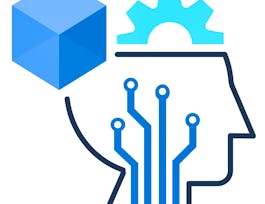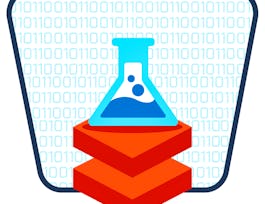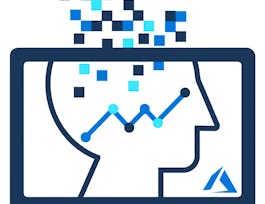Microsoft certifications give you a professional advantage by providing globally recognized and industry-endorsed evidence of mastering skills in digital and cloud businesses. In this course, you will prepare to take the DP-100 Azure Data Scientist Associate certification exam.
You will refresh your knowledge of how to plan and create a suitable working environment for data science workloads on Azure, run data experiments, and train predictive models. In addition, you will recap on how to manage, optimize, and deploy machine learning models into production. You will test your knowledge in a practice exam mapped to all the main topics covered in the DP-100 exam, ensuring you’re well prepared for certification success. You will also get a more detailed overview of the Microsoft certification program and where you can go next in your career. You’ll also get tips and tricks, testing strategies, useful resources, and information on how to sign up for the DP-100 proctored exam. By the end of this course, you will be ready to sign-up for and take the DP-100 exam. This is the fifth course in a five-course program that prepares you to take the DP-100: Designing and Implementing a Data Science Solution on Azure certification exam. The certification exam is an opportunity to prove knowledge and expertise operate machine learning solutions at a cloud-scale using Azure Machine Learning. This specialization teaches you to leverage your existing knowledge of Python and machine learning to manage data ingestion and preparation, model training and deployment, and machine learning solution monitoring in Microsoft Azure. Each course teaches you the concepts and skills that are measured by the exam. This Specialization is intended for data scientists with existing knowledge of Python and machine learning frameworks like Scikit-Learn, PyTorch, and Tensorflow, who want to build and operate machine learning solutions in the cloud. It teaches data scientists how to create end-to-end solutions in Microsoft Azure. Students will learn how to manage Azure resources for machine learning; run experiments and train models; deploy and operationalize machine learning solutions, and implement responsible machine learning. They will also learn to use Azure Databricks to explore, prepare, and model data; and integrate Databricks machine learning processes with Azure Machine Learning.




















